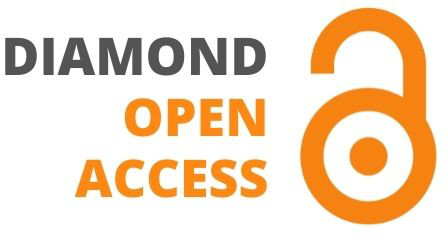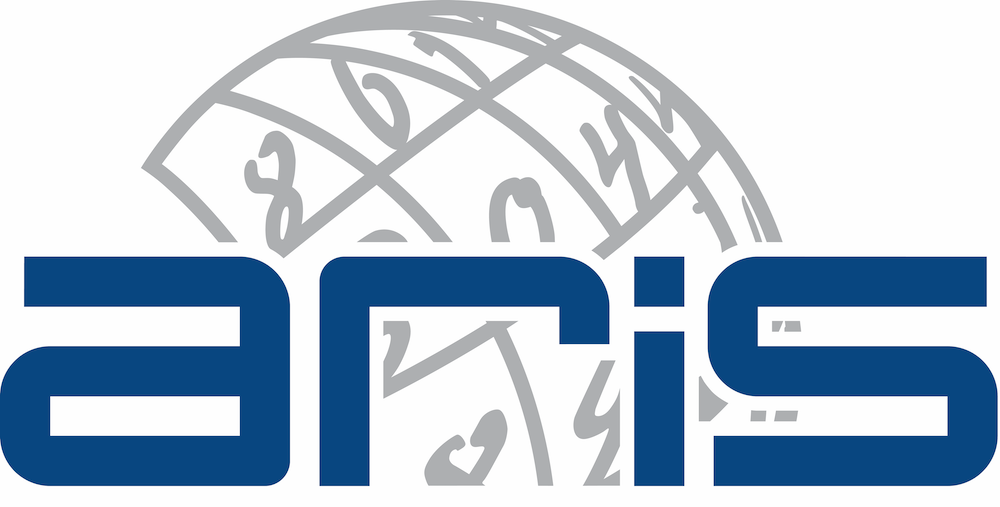Journal of Information Technology in Construction
ITcon Vol. 21, pg. 504-516, http://www.itcon.org/2016/30
Using particle swarm optimization to predict cost contingency on transportation construction projects
| submitted: | May 2016 | |
| revised: | November 2016 | |
| published: | December 2016 | |
| editor(s): | Amor R | |
| authors: | Sang C. Lhee, General Manager, Technology and Research Institute, Dongwoo Engineering and Construction, Seoul, S Korea; lheesch@naver.com Raja R.A. Issa, Holland Professor, Rinker School of Construction Management, University of Florida, Gainesville, FL; raymond-issa@ufl.edu Ian Flood, Holland Professor, Rinker School of Construction Management, University of Florida, Gainesville, FL; flood@ufl.edu | |
| summary: | Cost Contingency is a financially important amount added to the base estimate for covering unforeseen uncertainties and risks in construction projects, including construction difficulties, design changes during construction, and inaccuracies in the estimating process. An accurate cost contingency is critical to construction project participants having a significant impact on project financial successes and other organizational activities. This study proposes a new approach to predicting the owner’s cost contingency on transportation construction projects using particle swarm optimization (PSO), a population-based stochastic optimization technique inspired by the social behavior of flocking birds or schooling fish. Through a comparison of performance with an artificial neural network (ANN) based approach using historical data from Florida Department of Transportation (FDOT) construction projects, the findings indicated PSO more accurately predicts the owner’s cost contingency. | |
| keywords: | Cost contingency, Risk and Uncertainty; Owners perspective; Transportation construction project; Particle swarm optimization; Artificial neural networks | |
| full text: | (PDF file, 0.781 MB) | |
| citation: | Lhee S C, Issa R R A, Flood I (2016). Using particle swarm optimization to predict cost contingency on transportation construction projects, ITcon Vol. 21, pg. 504-516, https://www.itcon.org/2016/30 |





